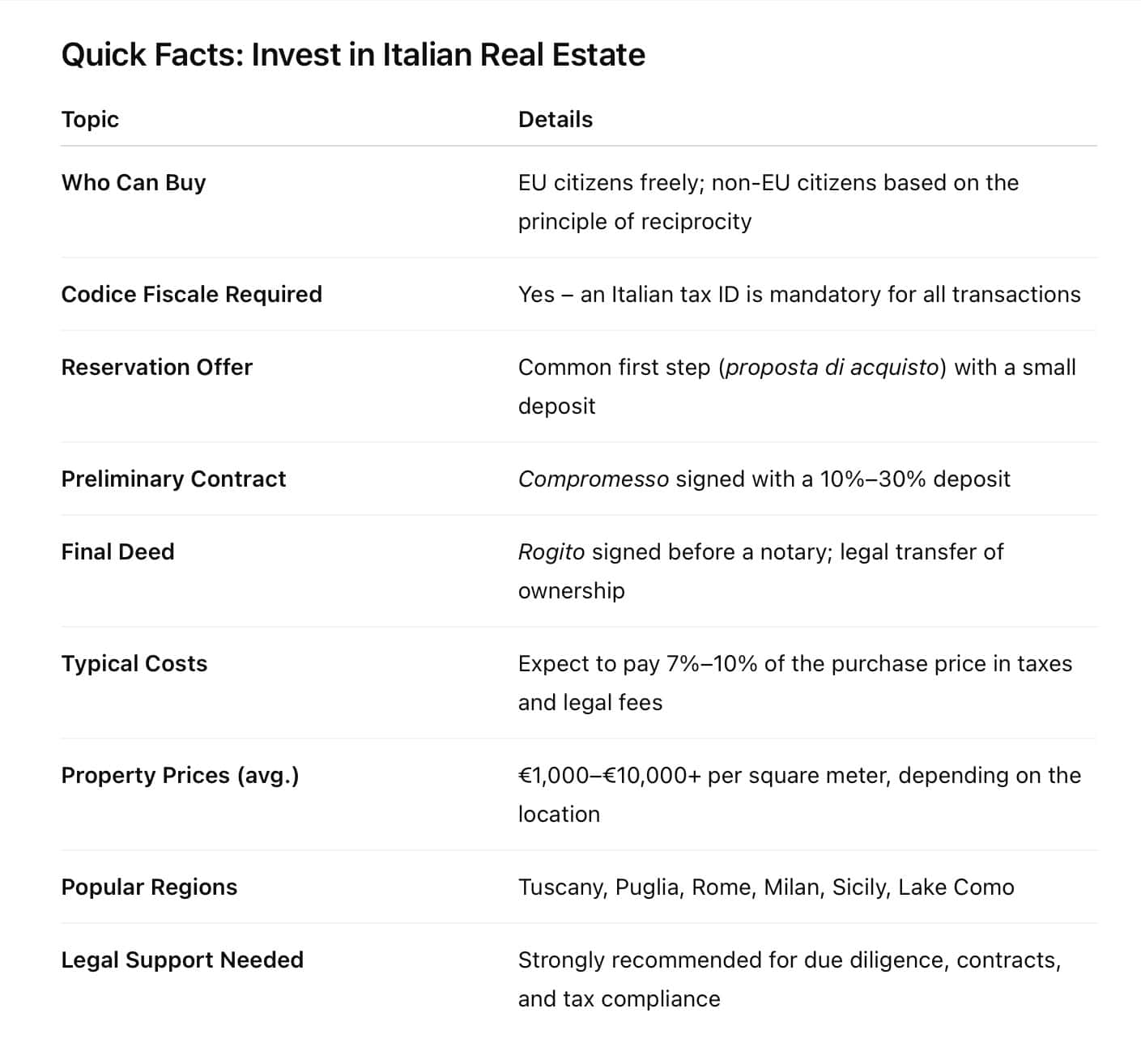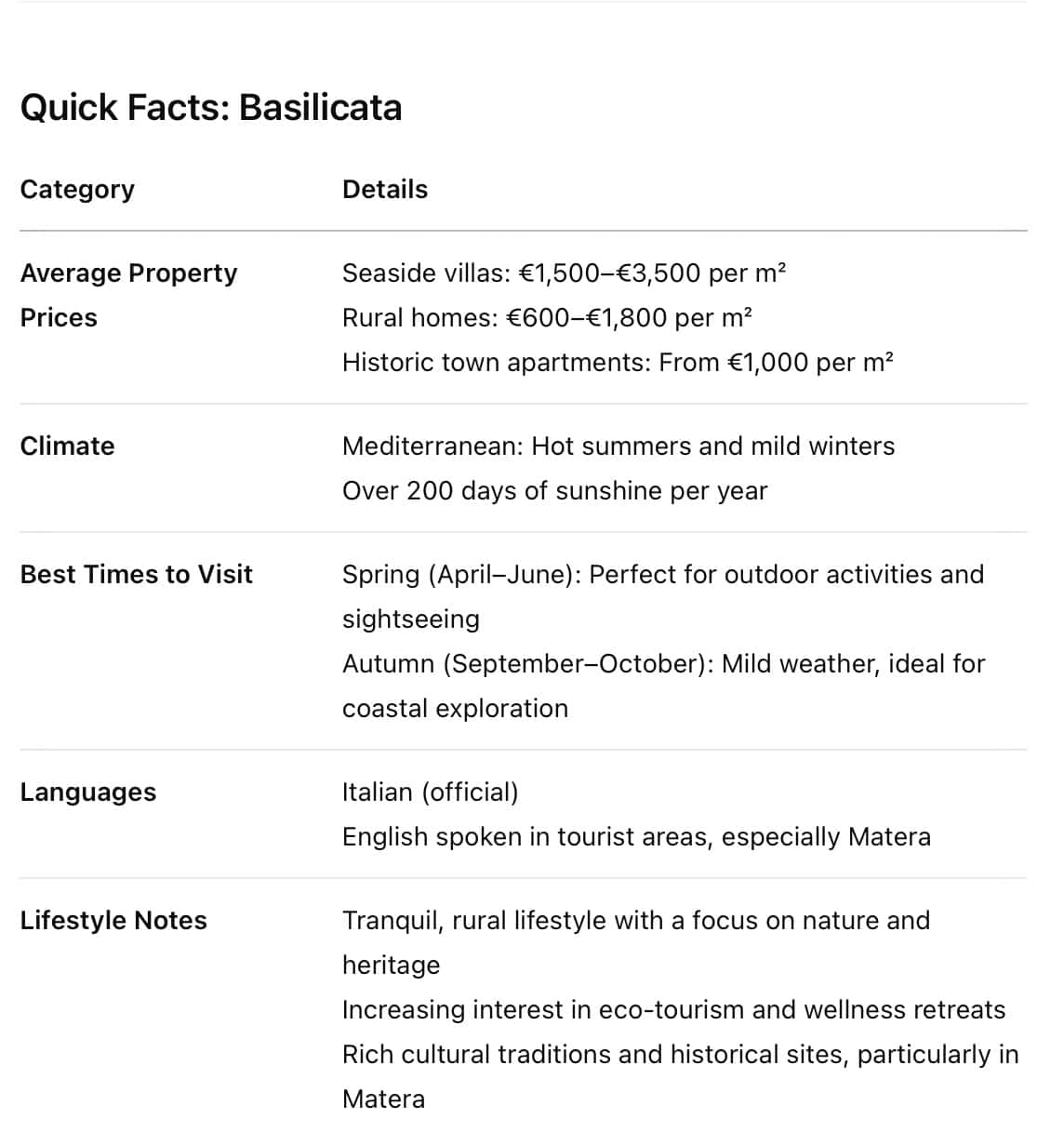CILA – Permit for Minor Building Works in Italy
Planning a renovation or minor construction project in Italy? You’ll likely need to file a CILA (Comunicazione Inizio Lavori Asseverata) — a crucial but often misunderstood legal requirement for many types of home improvement.
This article breaks down what CILA is, when it’s necessary to have one. We also provide some real-life examples and how De Tullio Law Firm can help you comply with Italian building regulations.
What Is CILA?
CILA, or Certified Notice of Commencement of Works, is a simplified procedure introduced to reduce bureaucratic red tape for certain types of minor building works that do not involve structural changes, modifications to the building’s footprint, or changes in its use.
When Do You Require A CILA?
A CILA is mandatory for a wide range of non-structural renovations. Here are just a few examples where a CILA is legally required:
Interior Renovations
Replacing old bathroom fixtures and tiles, moving the sink to a different wall, and updating the plumbing.
Electrical and Plumbing Updates
Rewiring your apartment to meet current safety codes or replacing old copper plumbing with PVC.
Modifying Internal Partitions
Removing a non-load-bearing wall to create an open-plan kitchen-living area.
Energy Efficiency Improvements
Installing internal insulation panels or replacing windows with energy-efficient double-glazed units.

When You Don’t Need a CILA
You don’t need a CILA for ordinary maintenance, such as:
– Painting walls
– Fixing minor leaks
– Replacing light fixtures
And if the works are structural (e.g., removing load-bearing walls, adding new floors, altering roof structures), a different permit such as SCIA (Segnalazione Certificata di Inizio Attività) or a building permit (Permesso di Costruire) will be necessary.
For example, if you plan to convert your attic into a bedroom with plumbing and heating — this is beyond CILA and requires more complex approvals.
Legal Requirements and Documentation
Submitting a CILA involves both technical and legal documentation, usually prepared and signed by a certified professional (architect, engineer, or surveyor). The key components include:
1. Technical Report (Asseverazione): A sworn declaration from your technician confirming the works comply with Italian laws and building codes.
2. Project Drawings: “before” and “after” floor plans outlining the changes.
3. Proof of Ownership: Title deed or owner’s authorization.
4. Health & Safety Plan: Required if workers are involved for more than one day.
Important: Work can begin immediately after the CILA is filed – no waiting period required.
Legal Implications of CILA Non-Compliance
Failing to file a CILA can lead to a range of consequences. First and foremost, you may face fines that typically range from €1,000 to €10,000, depending on your local municipality. In addition, building authorities have the power to suspend your project until you achieve proper compliance. This can causing costly delays. Moreover, if you later attempt to sell the property, unauthorised modifications can complicate or even invalidate the sale process, especially during notarial checks. Finally, undeclared renovations can put your insurance coverage at risk, as many insurers will refuse to cover damage related to unapproved work.
Example:
A foreign buyer discovers that the seller renovated the bathroom without filing a CILA. This creates legal delays in the notarial deed process and requires retroactive compliance—sometimes with penalties.
How De Tullio Law Firm Can Help
As a leader in Italian real estate law, De Tullio Law Firm assists both domestic and international clients in managing the legal requirements of property renovations throughout Italy. Here’s how we can support your CILA process:
Pre-Renovation Legal Assessment
Before you renovate your newly purchased holiday home in Tuscany, we can assess whether a CILA is sufficient or if other permits are required.
Coordinating with Local Technicians
We collaborate with qualified surveyors and architects nationwide to ensure all required documents are accurate and complete.
Title and Registry Checks
We verify that your property is correctly recorded in the Catasto and Conservatoria, and assist with updating records post-renovation.
Legalisation of Past Unauthorised Works
For example, if you’ve bought a villa in Puglia and have discovered an unapproved patio extension, we can help regularise this with a CILA in sanatoria, avoiding future legal problems.
Finally …
Submitting a CILA is more than just ticking a bureaucratic box – it’s a legal safeguard that ensures your renovation complies with Italian laws and protects your investment. Whether you’re updating a kitchen in Rome or installing energy-efficient windows in a seaside villa in Amalfi, compliance is key.
For stress-free, legally secure renovations get in touch with us for a free consultation.
You may also like to download our Guide to Building and Renovating Property in Italy.






